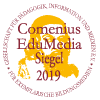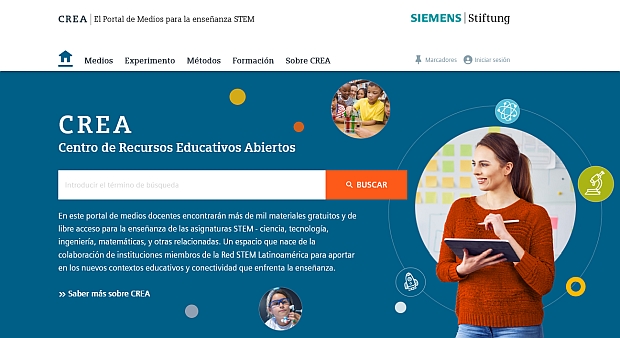1. Properties of matter – 1.2 Boiling point of water (teacher instructions)
Text
Experimentation instructions:
Background information on the content and practical information on conducting the “Boiling point of water" experiment.
Verfügbar in:
Englisch
Medientyp:
Text
Letzte Aktualisierung:
24.10.2022
Lizenz:

Dieses Medium steht unter einer CC BY-SA 4.0 international Lizenz.
Was bedeutet das?
So verweisen Sie auf das Medium

Dieses Medium steht unter einer CC BY-SA 4.0 international Lizenz.
Was bedeutet das?
So verweisen Sie auf das Medium
Medienpaket:
Beschreibung:
The students should be aware of everyday examples in which liquid substances are transformed into gaseous substances (e.g., perfume, gasoline, or water). Use the method of “question for discussion” and ask the students why we should not keep perfume or gasoline in an open container.
Also work out the difference between the evaporation and the boiling of a liquid. If the particle model is known, students should understand that evaporation takes a long time because there is not enough energy for all the particles. At the boiling point, enough energy is supplied to the liquid so that the transition to the gaseous state can proceed spontaneously.
One item deals with „Technical application and vocational orientation“.
Also work out the difference between the evaporation and the boiling of a liquid. If the particle model is known, students should understand that evaporation takes a long time because there is not enough energy for all the particles. At the boiling point, enough energy is supplied to the liquid so that the transition to the gaseous state can proceed spontaneously.
One item deals with „Technical application and vocational orientation“.
Dazugehörige Medien:
Lernobjekttyp:
Experiment
Fächer:
Chemistry; Physics; Technology
Klassenstufen:
Grade 7 to 9; Grade 10 to 13
Schultypen:
Middle/high school; Vocational training
Stichworte:
State of aggregation; Temperature (general); Water
Bibliographie:
Siemens Stiftung Media Portal
Urheber/Produzent:
Dieter Arnold
Rechteinhaber:
© Siemens Stiftung 2022



